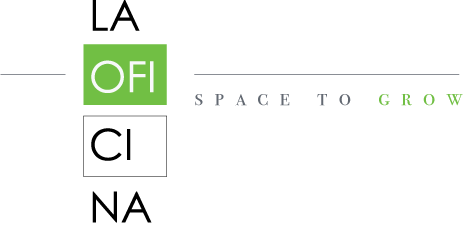It is based on the principle of operant conditioning – that behavior is shaped by its consequences. The occurrence of two disorders or illnesses in the same person, also referred to as co-occurring conditions or sometimes dual diagnosis. A prevalent type of talk therapy (psychotherapy) that involves working with a professional to increase awareness of inaccurate or negative thinking and behavior and to learn to implement new coping strategies. A class of psychoactive http://www.tvsubtitles.ru/tvshow-77-5.html drugs that act as minor tranquilizers producing sedation and muscle relaxation, and sleep; commonly used in the treatment of anxiety, convulsions, and alcohol withdrawal. Never Alone Recovery restores connections severed by addiction through a variety of services with which individuals (and their loved ones) can return to a healthier, more fulfilling lifestyle. Call us if you’re struggling to understand or find the best treatment options for you or a loved one.
AA, Alcoholics Anonymous

The logic behind the “tough love” approach is founded in the belief that the parent is in control of the household, and the child is in control of their behavior. If the child does not accept the rules of the house, the child is not allowed to stay in the house. When faced with the choice of being asked to leave the house, the ideal outcome would be that the child would choose sobriety.

Recovery Support Systems
- These drugs work on the brains receptors and can induce feelings of alertness.
- Some of the best-known 12-step programs include Alcoholics Anonymous (AA), Narcotics Anonymous (NA), and Cocaine Anonymous (CA).
- Cravings diminish and disappear in time unless attention is focused on them.
- Clients live outside the treatment facility, often in a sober living home, while attending group meetings and receiving individual therapy.
- A group of signs and symptoms that appear together and characterize a disease or medical condition.
- They often follow a structured format and are facilitated by trained professionals or individuals in recovery who have gained significant insights and knowledge.
Clients live outside the treatment facility, often in a sober living home, while attending group meetings and receiving individual therapy. Many clients do both programs, allowing them to ease their way out of treatment. Known to decrease treatment seeking behaviors in individuals with substance use disorders. A center or hub that organizes recovery networks regionally and nationally to facilitate supportive relationships between individuals in recovery as well as family and friends of people in recovery.
Person-First Language
- While this glossary is intended to provide common understanding of frequently used terms related to recovery, substance use, and treatment programs, it is not exhaustive.
- Shown in research to have greater effectiveness than passive referral in increasing patients’ engagement in continuing care and recovery support services.
- Effects or reactions to a substance that are opposite to the substance’s normal expected effect or outcome (e.g., feeling pain from a pain relief medication).
- Being in recovery is when those positive changes and values become part of a voluntarily adopted lifestyle.
- Valiant Detox and Assessment is a leading provider of comprehensive recovery programs for individuals seeking sobriety.
- A psychoactive substance that increases or arouses physiologic or nervous system activity in the body.
Since many of these individuals go to work while intoxicated, they generally have someone enabling them. Whether it’s a relative bringing them to work, a co-worker covering for them or a boss that allows them https://golosiyiv.kiev.ua/ru/2020/06/tipy-masok-dlja-volos-i-ih-osnovnye-komponenty/ to drink, this can only go on for so long. An enabler may also keep secrets in order to protect the addict, make excuses for their behavior, blame others, bail them out of jail, ignore the problem and more.
Columbia Sober
Acceptance and Commitment Therapy (ACT) is a cognitive-behavioral approach used in the treatment of substance use disorders. It is based on the principles of acceptance, mindfulness, and personal values. http://vppstroy.ru/klinicheskie-lechebnie-zavedeniya/kemerovskaya-oftalmologicheskaya-klinika-kakimi-avtobusami-doehat-s-avtovokzala-pokaza.php.html ACT aims to help individuals develop psychological flexibility and create a meaningful life while acknowledging and accepting the challenges and discomforts that may arise during the recovery process.

Breaking Down the Stigma of Addiction: A Witness’ Story Through Art
- The 12 steps are also used in recovery programs for addictions other than alcohol.
- Term has a stigma alert, due to the inference of judgement and blame typically of the concerned loved-one.
- When a person goes into treatment, it isn’t just a case of fixing the problem person.
- Scales and tools look to screen for and diagnose substance use disorder, measure severity, and monitor disease progression or improvement at every point of care, akin to the management of other chronic diseases such as hypertension and diabetes.
- Guilt refers to feels of responsibility or remorse for actions that negatively affect others; shame relates to deeply painful feelings of self-unworthiness, reflecting the belief that one is inherently flawed in some way.

Recent Comments